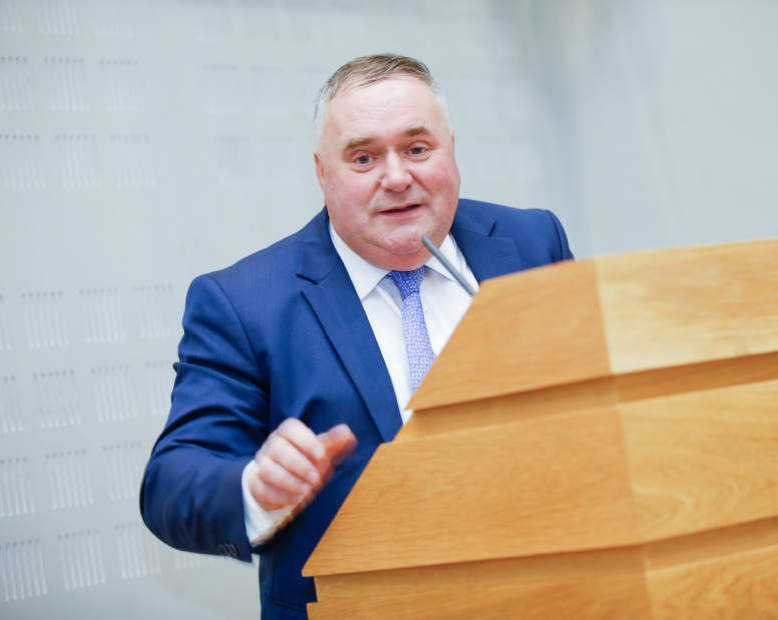
Local Fianna Fáil TD Eugene Murphy has highlighted the fact that some homeowners may be caught in ‘limbo land’ in relation to outstanding NPPR charges on properties purchased between 2009 and 2011 after probate.
Commenting on the issue Eugene Murphy said “I was recently contacted by a constituent who had purchased a property in 2010 after probate and when he went to sell it last year and get an NPPR clearance for the sale he was faced with a substantial bill. The property was liable for 2010 and the charge was missed at the time of his purchase as it was an executor’s sale. Probate occurred in late 2009 and as the executor was not living in the property in March 2010 the property was liable for NPPR in 2010.”
“Unfortunately there are likely to be hundreds of home owners throughout the country who bought their home between 2009 and 2011 after probate who are unaware that they owe a quite large tax bill that they will only become aware of when they go to sell their property,” added Deputy Murphy.
Deputy Murphy recently tabled a parliamentary question in relation to the amount of revenue collected by a number of different Local Authorities in relation to the non-principal private residence (NPPR) charge. A charge of €200 was levied on second home on March 31st of each year from 2009 to 2013. A breakdown of the figures obtained by Deputy Murphy shows that Roscommon County Council collected over €7 million in NPPR charges between 2009 and 2013 while neighbouring counties Westmeath and Sligo collected just over €10 million during the same time period. Galway City and County combined collected a sum of €35.9 million with the NPPR charge between 2009 and 2013 while Leitrim County Council took in a sum of €5.6 million in the same time period.
“Currently any house sale including principal residences involves the seller contacting the relevant council in order to receive a certificate of compliance/exemption. Each Local Authority must review whether or not the charge is liable on a given property, issue appropriate certificates and finally collect any money due etc so there is an administrative and staffing cost attached but given the fact that the NPPR charge stopped four years ago and late fees and charges are now capped – how can this charge be bringing in enough money to cover the ongoing administrative and staffing costs still attached to it,” said Deputy Murphy.

